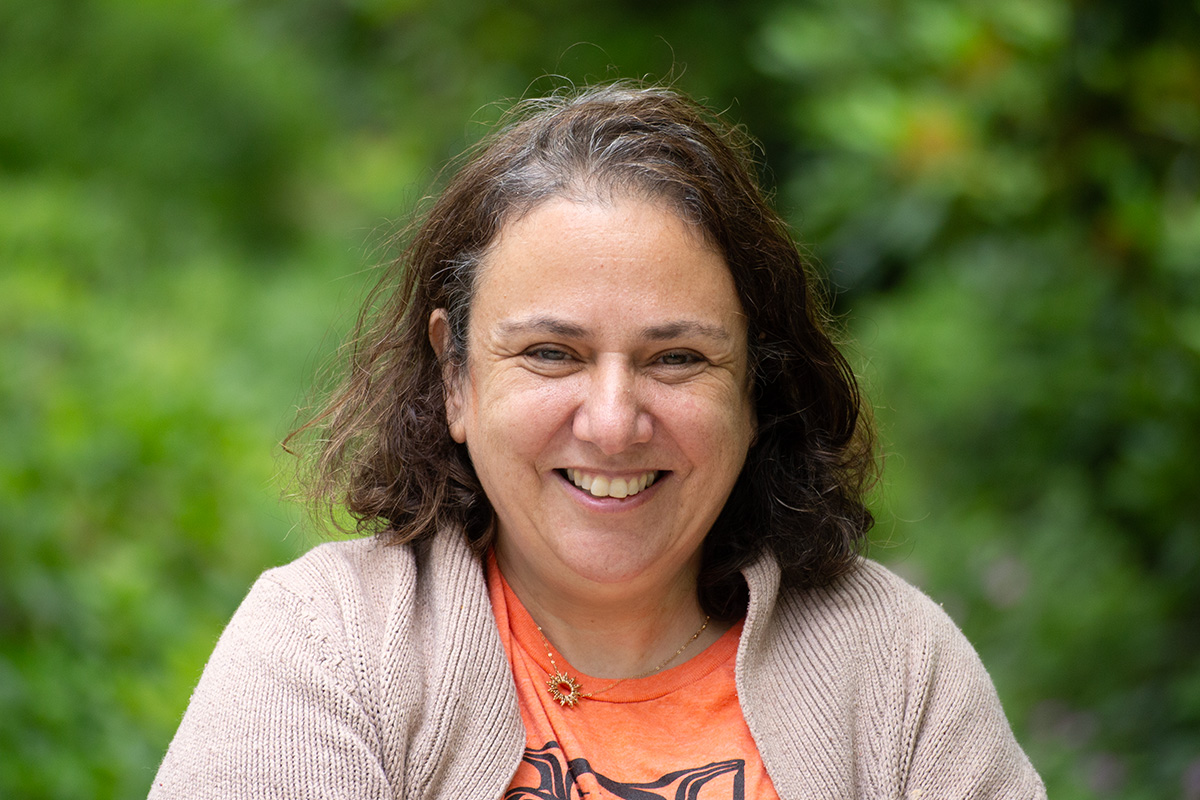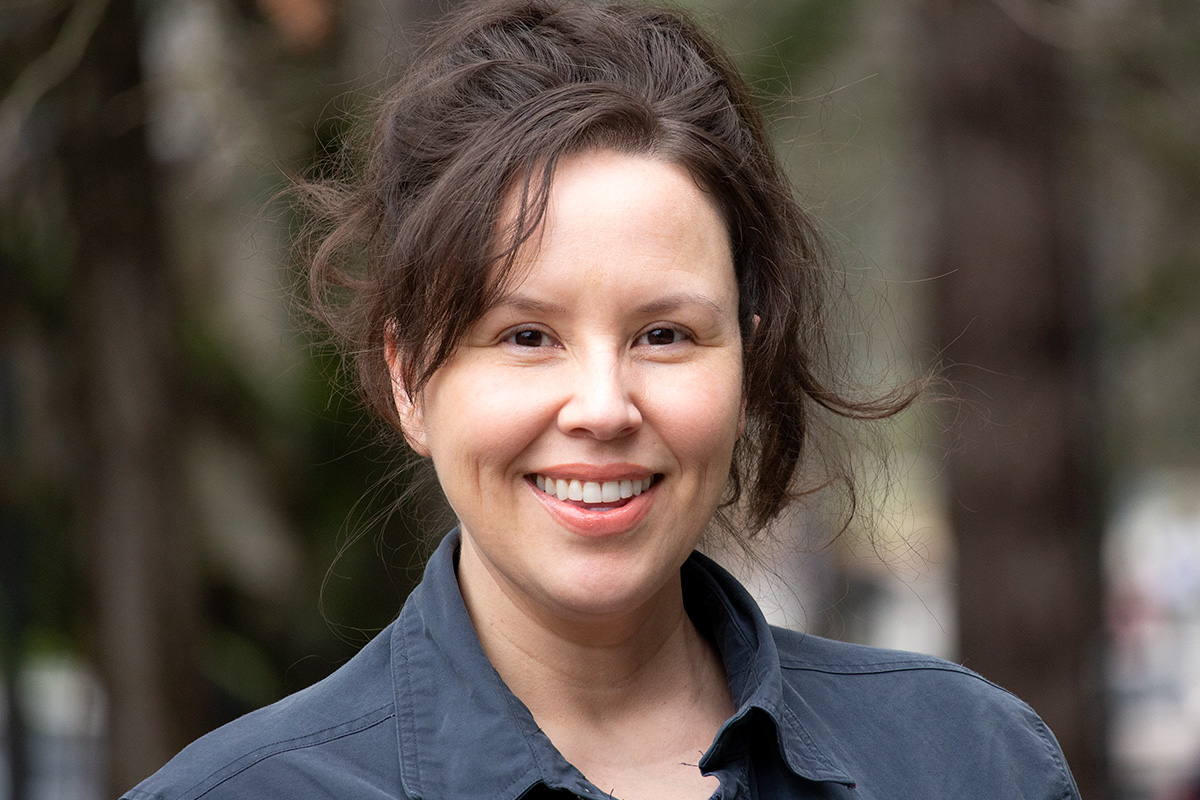

Privacy and Ethics
The Human Early Learning Partnership (HELP) prioritizes the need to maintain the privacy and security of data. HELP is committed to ethical data collection and adheres strictly to established rules and guidelines. Please see the list of information, resources and contacts below.

5 SAFES: How HELP safeguards data
To ensure personal information is secure, the Human Early Learning Partnership has strong measures in place and follows all rules, agreements, practices, and legislation for safeguarding data. These are part of the 5 safes framework. Find out more…

Principles in Indigenous Research
Indigenous research at HELP incorporates several key values and principles. Values include: relationship, respect, reciprocity, relevance, responsibility, and representation and the assumption of rights and regulations. These values interconnect with additional principles which have been grouped into eight categories. Find out more…

Consent to Research Projects at HELP
Depending on the project, HELP uses active or passive consent to collect population level data to better understand patterns and trends in children’s health and well-being. Find out more…
HELP Website and Email Communications Privacy Policy
HELP ensures that any data or information from HELP’s website visitors and email communication
subscribers’ are stored properly and only used for the purposes described. Find out more…
To ensure personal information is secure, the Human Early Learning Partnership has strong measures in place and follows all rules, agreements, practices, and legislation for safeguarding data. To learn more about HELP data protection visit our Five Safes’ framework page.
HELP follows the highest standards available, many of which are required by law. To ensure the privacy and confidentiality of individuals, all of HELP’s systems and processes meet or exceed the requirements of provincial and federal privacy legislation.
The EDI and MDI projects use informed passive consent. With informed passive consent, parents/guardians are fully informed of the nature of the project and the use of the information but are not required to actively complete a consent form. Instead, parents/guardians complete a withdrawal form or contact their child’s teacher should they not want their child to participate.
The EDI and MDI projects aim to understand where systematic differences in well-being and healthy development occur, which requires data that are representative of the whole population in communities and the use of passive consent.
HELP has undertaken an in-depth review of the informed passive consent approach and found that this method can be used as long as parents/guardians have sufficient time to decline participation; translations of consent forms are available in languages representative of the parent/guardian population; Also, informed passive consent is used because the projects are considered low risk, and provides beneficial community information. To learn more about the use of informed passive consent, please contact privacy@help.ubc.ca.
The data are collected in different ways across the CHEQ, EDI and MDI and all participation is voluntary. CHEQ is completed by children’s parents/caregivers at Kindergarten entry. There is no direct involvement of children in the completion of the EDI questionnaire. Teachers fill out the EDI based on their experience and observation during the school year. The MDI is completed by the students themselves. Participation is voluntary and students can withdraw at anytime prior to reporting.
Educators, school districts, health professionals, early years service providers, and community members use monitoring system data in planning programs and services for children and families.
Schools and communities also use information from the monitoring system surveys to understand how children are doing in key areas of development and to plan interventions. Information can support provincial investment, policy development, and program planning and evaluation.
Researchers use the data to address important questions and formulate new research to learn about social determinants of children’s health, development, and well-being. For more information, please visit our Data in Action page.
Yes. Participation in the Monitoring System surveys is voluntary and we respect your wishes to have your child removed from data collection. If that is the case please contact your child’s school or email the EDI team directly at edi@help.ubc.ca or MDI team at mdi@help.ubc.ca to withdraw your child from participating in the projects. Once data have been included in reports, students cannot be withdrawn.
Resources
UBC Research Ethics
UBC Risk & Security Management
Tri-Council Policy Statement: Ethical Conduct for Research Involving Humans
Population Data BC
Key Contacts

Michele Wiens
Senior Manager, Knowledge Management and Privacy & Ethics Officer

Maddison Spenrath
Director, Core Projects

Barbara Weinberg
Manager, Data Management & Analysis
